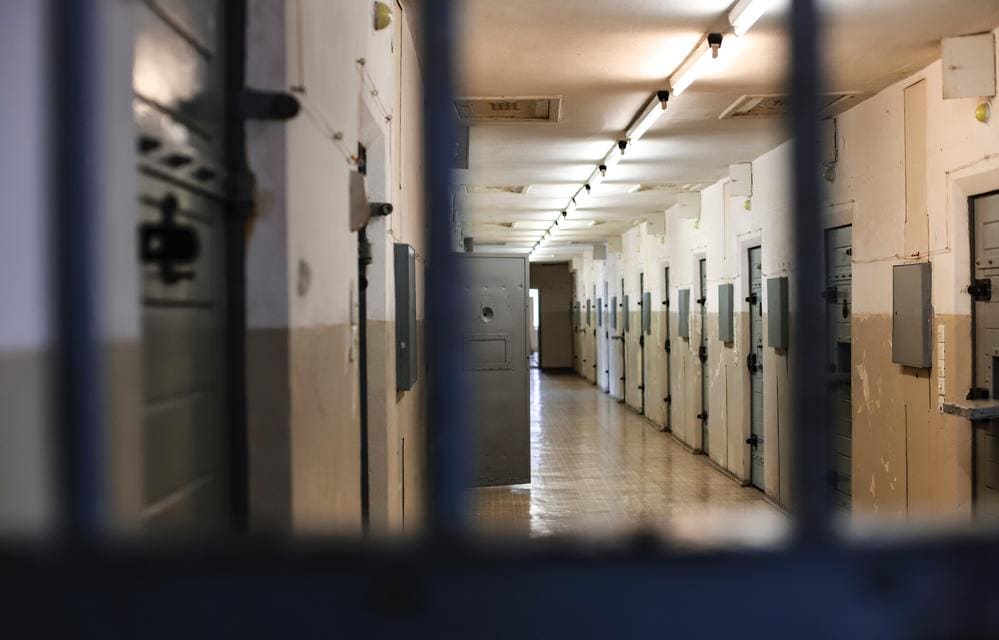
Consider this: In the US, over 15.7 million people have been arrested for cannabis offenses in the past decade, and some $47 billion has been spent on the war on drugs, all while over $10 billion in above-board revenue has been generated by the legal cannabis industry.
Marijuana arrests are rising in the US, even as more states legalize. There were 659,700 arrests for cannabis possession in 2017, according to F.B.I. figures—far outpacing arrests for violent crimes. To illustrate: more people were arrested over marijuana in 2016 than for murder, rape, aggravated assault, and robbery — combined, according to a study by the ACLU and Human Rights Watch.

“Imagine sitting in a cell for years, decades, or even for life, convicted of an activity that is no longer a crime, while thousands of other people build intergenerational wealth doing exactly the same thing.”
That is the situation faced by over 40,000 cannabis prisoners in the United States alone, according to the Last Prisoner Project—a nonprofit coalition of cannabis industry leaders, executives, and artists dedicated to bringing restorative justice to the industry.
The consequences of a conviction for even a minuscule amount of cannabis without a medical marijuana card or in a state where it remains illegal can irrevocably impact a person’s life. It can mean the inability to get a job, rent an apartment, or even limit your right to vote.
As we have written about before, since the beginning of marijuana prohibition, arrests have disproportionately affected Americans of color. Research shows that there’s a clear racial discrepancy in who is arrested for marijuana possession, and that discrepancy even exists in states that have legalized marijuana. Black and white Americans use marijuana at similar rates, but black people were 3.7 times more likely to be arrested than white Americans for marijuana possession in 2010—and up to 9 times more in some states. Young black men are disproportionately affected and punished by a faulty criminal justice system that can wreak havoc on their lives.
Thankfully, non-profits like the Last Prisoner Project have taken a committed approach to intervention and advocacy to redress the historical injustice and continuing policy shortfalls. The group focuses on three key criminal justice reform initiatives: prisoner release, record clearing through clemency and expungement, and reentry programs. And while they focus on prisoner release, they point to data that shows that most released prisoners fail without the proper resources in place. As such, the group utilizes a reentry program to reduce rearrest and incarceration.
In addition, because of the barriers posed by a criminal record, the Last Prisoner Project works to clear the records of cannabis prisoners, given that those acts are now legal. Collectively their programming seeks to help cannabis prisoners become “fully free.”
Fortunately, the tide seems to be turning, slowly but surely. An increasing number of American voters—68 percent—support legalization, according to a 2018 Center for American Progress and GBA Strategies poll. And amazingly, over 73 percent of American voters support the automatic sealing of marijuana offenses.
Although the efforts of activists are notable, we still have some ways to go. We all look forward to a day when cannabis law is logical, fair, and aligned with public sentiment.
Want to know more? Organizations like The Last Prisoner Project, Human Rights Watch, and the American Civil Liberties Union always need your support.
Christina Rock is a Cape Town-based writer and photographer. Reach out here.


Recent Comments